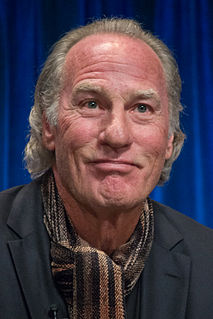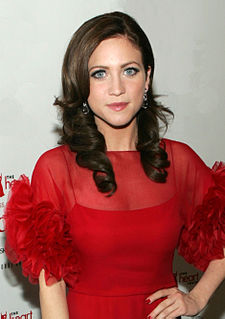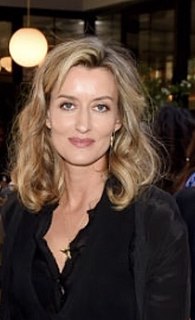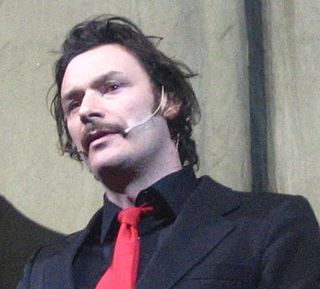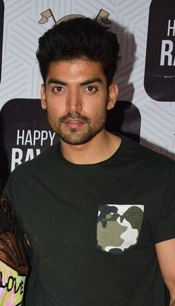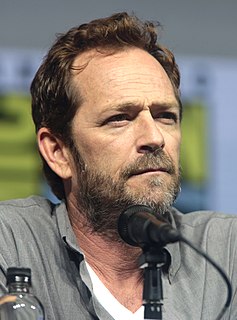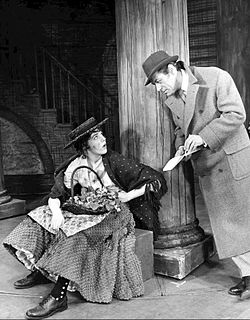A Quote by Craig T. Nelson
If people are going to watch TV, let's give them something coherent with actual dialogue.
Related Quotes
I think that people want to go to the movies and watch shows on TV or in theaters that make them feel good and music really does that. Not only can you watch something and connect to dialogue, but when you listen to a song, it gives a whole other element of connection and you get that feeling like you want to stand up and dance and sing.
During the actual filming, I’m not really listening to dialogue. I’m watching to see if the actors are communicating something and expressing something. I’m just watching a conversation. You’re not aware of exactly what people are saying. You are aware of what they are INTENDING and what kind of feeling is going on in that scene.
Memoirs have dominated the literary scene now for ten or 20 or even 30 years: most of them seem to use the conventions of fiction and it's astonishing how in so many of these books people seem to be able to remember conversations that took place when they were five years old and give three pages of coherent dialogue, which is utterly impossible.
My kids always say to me, 'Can we watch TV?' I say, 'Absolutely!' because then I can get something done. But then they say, and I wait for it, 'But can you watch with us?' My moment of freedom vanishes. So not only do I not think TV's that great and I hate sitting in front of it, but I have to with them.
